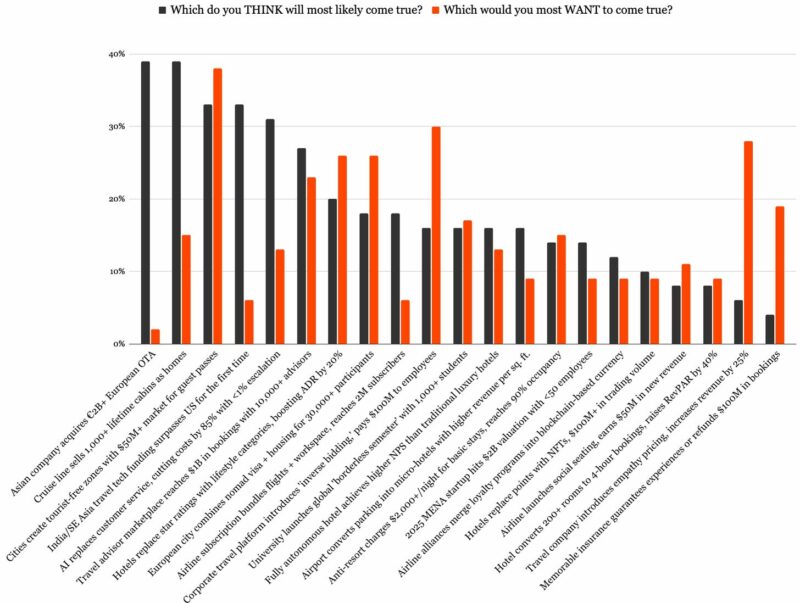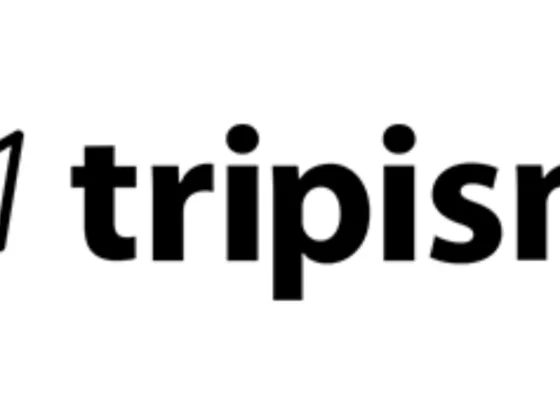
The hotel business is a sector that operates in annual cycles that are punctuated by the seasons. Generally, the months of November to March are off-peak periods for hoteliers. Between June and the end of August, attendance is at its peak, it is the high season. Seasonal downturns are experienced by everyone involved in the journey. They have a significant impact on institutions’ revenues. However, the hotelier should not remain passive but take advantage of this moment to establish a long-term strategy to mitigate the consequences of seasonality on its turnover.
Table of Contents
Seasonality is a fluctuation in tourist flows
Seasonality is a phenomenon that results from two factors. Firstly, climatic factors bring together all the elements related to the environment and nature, i.e. the seasons. This factor is responsible for the periods of tourist attendance at certain destinations. In the mountains, seasonality is very marked, with the majority of sales being made in winter, while summer is a much calmer period. The situation is reversed for seaside destinations.
Institutional factors are the second factor responsible for seasonality. This factor is the result of decisions made at the national level, the school calendar and holidays. These two periods are the most favourable for organising holidays, especially for families with schoolchildren.
Over the course of a year, hoteliers see the occupancy rate of their establishment vary under the pressure of seasonality. As a true performance indicator, this rate must be closely monitored by the hotelier to identify the high and low season periods specific to his establishment. Although the impact of seasonality is less pronounced in large cities, it is a phenomenon that concerns most hotel owners in France.
Tips for attracting off-season travellers
In order to mitigate the negative effects of seasonality on their business, hoteliers should consider ways to attract guests during off-peak periods. The first step is to identify the targets of travellers likely to be interested in a low-season stay. These include: pensioners, childless couples, families with children not attending school, but also foreign travellers (different holiday periods). These traveller profiles are not constrained by the school calendar. They prefer to go on holiday in the low season to avoid mass tourism.
Once the targets have been identified, encourage travellers to come and stay at your facility. The hotelier can propose exclusive formulas (e.g. accommodation + relaxation package) only valid in low season, this allows to create an added value. To do this, it is necessary to identify what the traveller is looking for during his stay in order to propose offers adapted to his expectations. At the same time, it makes sense to offer different prices according to seasonality.
Although most travellers are influenced by the seasons, business travellers are not concerned about this element. Between conferences, meetings and trade fairs, professionals are on the move all year round. Compared to leisure travellers, this clientele tends to spend more during their stay. It is, therefore, a very interesting target for absorbing the negative effects of seasonality on the results of hoteliers. In order to attract this clientele, the establishment must offer adapted infrastructures: meeting rooms, offices… An investment that can pay off in the long term.
The opportunity to improve the management of his hotel
Although seasonal declines are associated with a drop in occupancy, these periods are an opportunity for hoteliers to review the management of their establishment. During high season periods, the hotelier has to juggle several responsibilities, with the traveller at the centre of his concerns. Quieter periods are an opportunity for the owner to refresh his establishment (renovation work, change of worn-out equipment, new decoration…).
Since the hotelier has a lighter agenda, he can devote time to promoting his establishment thanks to the new tools. With more and more travellers online, having your own website has become essential in order to become more autonomous. Today, the creation of a website is within everyone’s reach, thanks to the tools developed by Amenitiz. Our services are focused on the digital needs of hoteliers: saving time in the management of reservations via the channel manager while developing live reservations thanks to a booking engine. To attend a free demonstration of our solution, please fill out the form below. We will be pleased to contact you
The effects of seasonality are felt by the majority of hoteliers. Declining revenues, low occupancy rates, seasonal drops can disrupt the sustainability of an establishment if they are not anticipated by the hotelier. If some decide to close their hotel to avoid losses, the marketing strategy should not be put aside. The hotelier must take advantage of this period to confirm future reservations. An establishment that is already full before the start of the high season is one less source of stress for the owner.
As you strategise improvements during low-season downtimes, our RevPAR Calculator can serve as a crucial tool in refining your revenue management practices. It provides real-time insights into Revenue per Available Room, empowering you to adjust your pricing strategies effectively and capitalise on seasonal trends.









